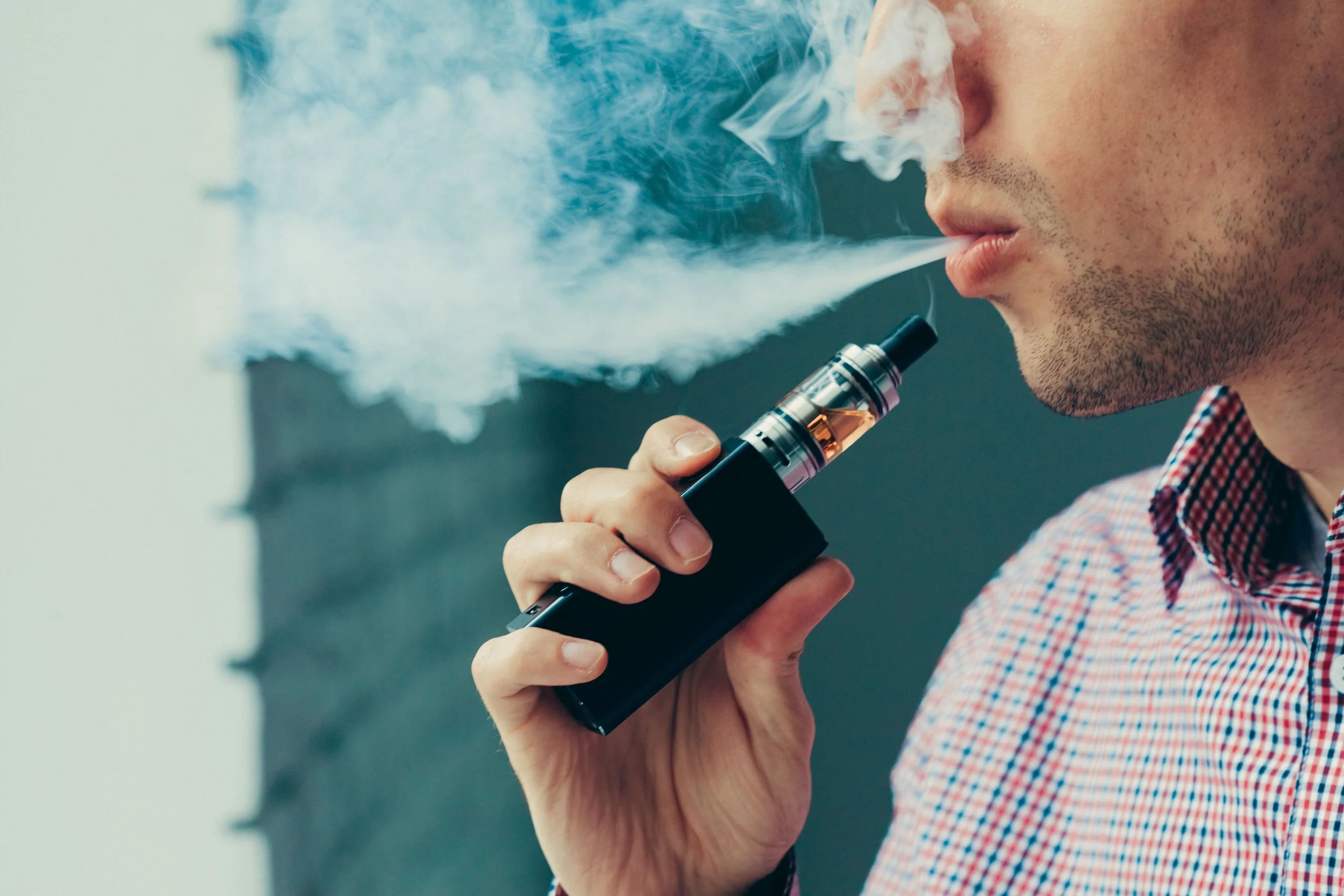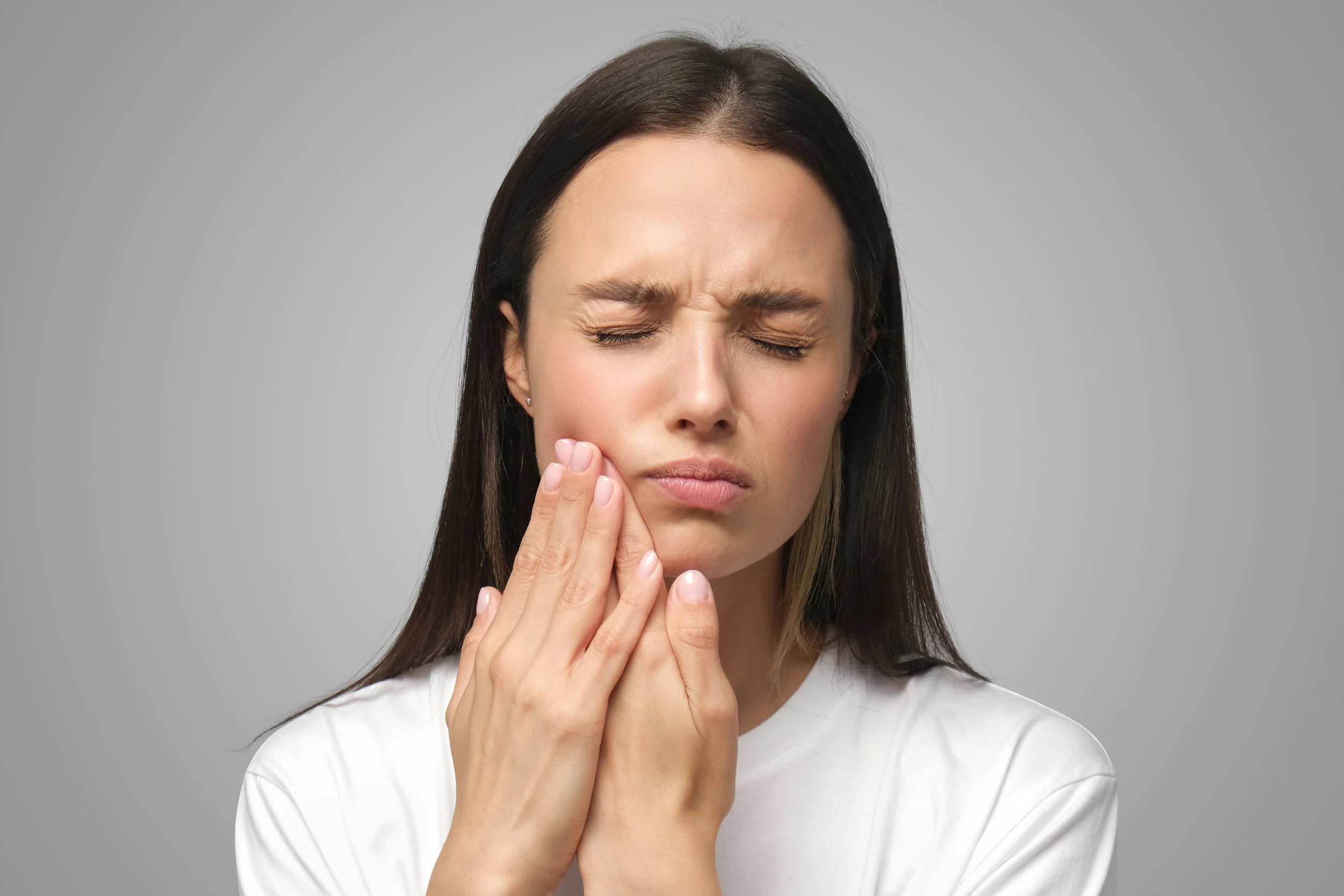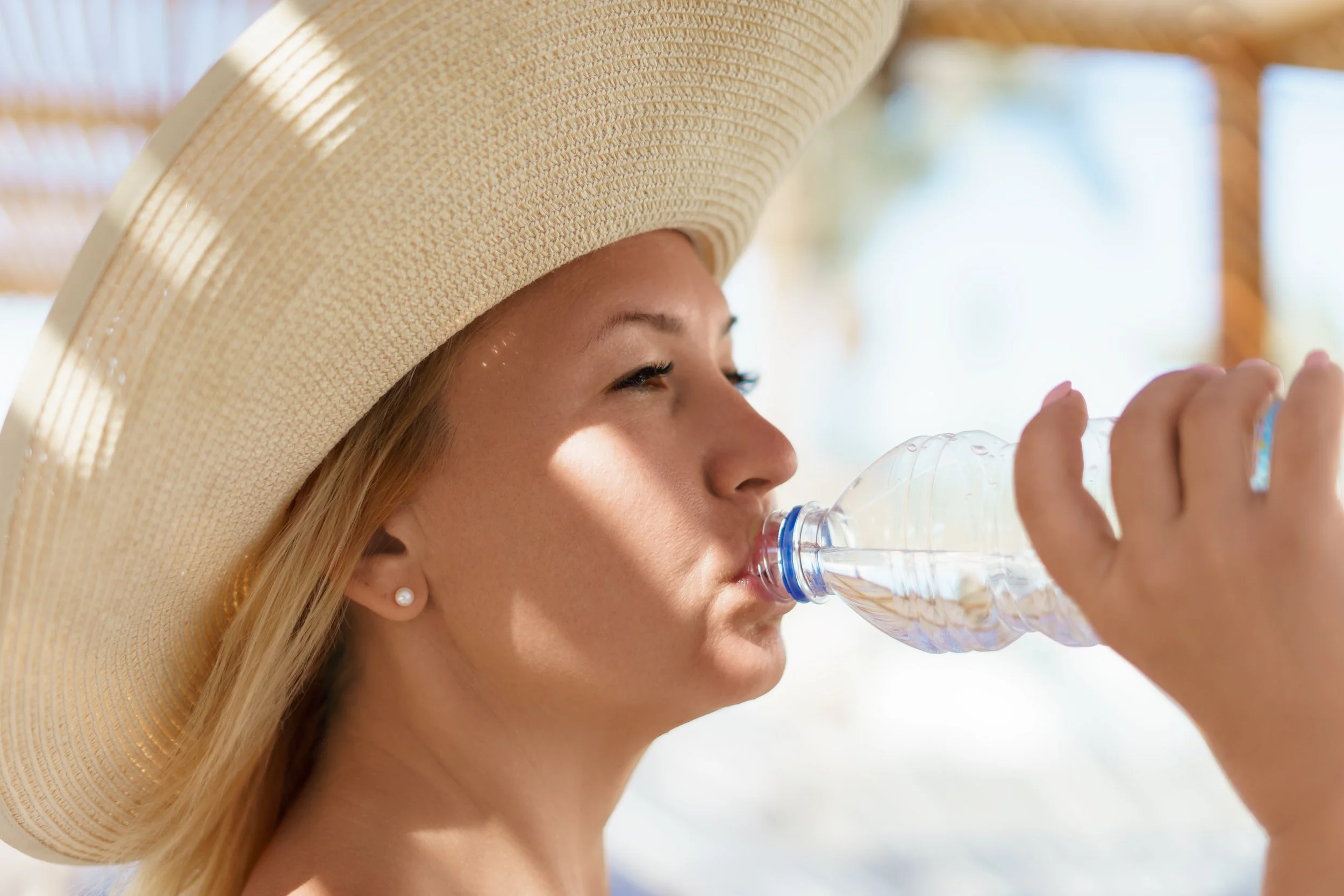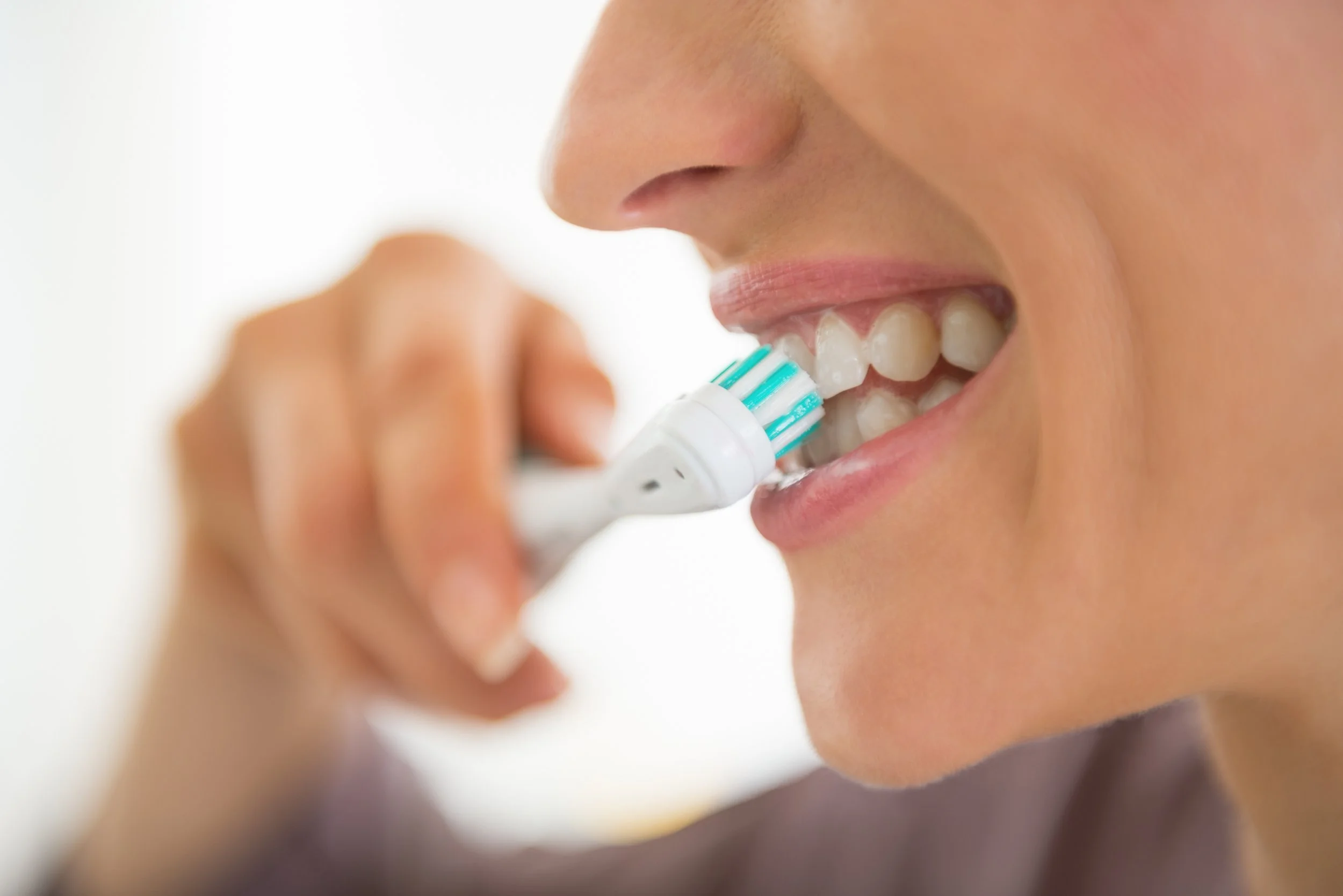If you're searching for the safest dental office with the strictest infection control measures, you've come to the right place. Our one-patient-at-a-time, fully sterilized dental spa goes beyond industry standards to ensure your health and well-being. From advanced PPE to medical-grade air and water filtration, we have created the cleanest and safest dental environment possible.
What Is the Difference Between Cosmetic Dentistry and General Dentistry?
Cosmetic dentistry and general dentistry serve distinct purposes, yet they often overlap in ways that can enhance both your oral health and your smile. While general dentistry primarily focuses on the prevention, diagnosis, and treatment of dental conditions, cosmetic dentistry is dedicated to improving the aesthetics of your teeth and overall facial appearance
Stop Worrying About Coffee Stains: Try These Tricks to Keep Your Teeth White!
Do you love your daily cup of coffee but worry about it staining your teeth? You’re not alone! Coffee is a beloved beverage, but it can leave behind unwanted stains on your pearly whites. Fortunately, you don’t have to give up your favorite drink to maintain a bright smile. Here are some effective tips to help you keep your teeth white and your smile beautiful.
The Importance of Changing Your Toothbrush for a Healthier, Brighter Smile
When it comes to maintaining a healthy smile, cosmetic dentistry often emphasizes treatments like teeth whitening, veneers, and orthodontics. However, one of the most overlooked aspects of dental health is the humble toothbrush. As a cosmetic dentist, I want to stress the significant impact that regular replacement of your toothbrush can have on your oral health and overall appearance.
The Impact of Vaping on Cosmetic Dental Health: What You Need to Know
Stop Grinding, Start Smiling: How to Tackle Bruxism and Protect Your Smile
Do you ever wake up with a sore jaw or a headache, feeling as if you’ve been chewing stones all night? If so, you're likely one of the many people suffering from bruxism, commonly known as teeth grinding. While it might seem harmless at first, prolonged teeth grinding can lead to serious dental issues. But don’t worry—we’re here to help you understand this condition and discover effective solutions to protect your smile.
Smile Bright, Live Light: How Your Water Bottle Affects Cosmetic Dental Health and the Environment
magine stepping into your cosmetic dentist's office with concerns over subtle changes around your mouth. You might be surprised to learn that your daily water bottle is contributing to those fine lines. In this blog post, we'll explore unexpected sources of dental and facial concerns, including the effects of plastic water bottles on your smile and skin. Discover why switching to sustainable hydration solutions could be a key step in maintaining both dental health and youthful skin.
Harness the Magic of Your Smile: Crafting Memorable Encounters with a Simple Grin
In the vibrant tapestry of daily life, there's a hidden gem often overlooked yet immensely powerful—the confidence that radiates from a well-crafted smile. Cosmetic dentistry, far more than a mere aesthetic enhancement, is a gateway to newfound self-assurance and poise. Imagine walking down a bustling city street, your smile not just a part of your attire but a reflection of a rejuvenated inner self, thanks to the meticulous artistry of cosmetic dental procedures.
This isn't just about a brighter, whiter smile. It's about the transformative journey towards embracing your true potential, unhindered by insecurities. It's about the renewed vigor with which you approach personal and professional encounters, all stemming from the confidence a beautiful smile instills.
As Philips Sonicare's survey reveals, nearly half of us notice a smile first. With cosmetic dentistry's magic at your fingertips, that first impression can become your most impactful one. Embrace this journey with us, and let your smile narrate your story of confidence and charisma.
The Hidden Secret of Dental Health: A Leading Cosmetic Dentist’s Perspective on Brushing
Dr. Samsavar, a renowned figure in cosmetic dentistry, shares a pivotal tip: delay brushing for 30 minutes after eating acidic foods. This practice protects the softened enamel from damage. In this waiting period, rinsing with water aids in neutralizing acids and begins the enamel’s remineralization. Embrace this insightful shift in your dental routine for a healthier, stronger smile. Share your experiences with this method and let's discuss more innovative oral care strategies!
Unveiling the Truth About Alcohol-Based Mouthwashes: Rethinking Oral Hygiene
Mouthwash: A Fiery Friend?
Brushed and flossed, you cap the night with a swig of mouthwash, expecting refreshment. But then comes the sting. Is this the hidden cost of a minty-fresh smile?
I'm Dr. Samsavar, shedding light on the fiery debate about alcohol in mouthwashes. It's time to question: Is your mouthwash a friend or a foe to your oral health?
Can You Have Dental Veneers On The Lower Jaw? A Deep Dive Into Comprehensive Smile Design
Can you have dental veneers on the lower jaw?" Journey with us and Dr. Samsavar as we explore the holistic potential of veneers in cosmetic dentistry. Discover how these transformative agents not only enhance aesthetics but also shape the narratives of our smiles, offering a promise of balance, confidence, and a radiant expression that truly resonates.
Unlocking the Perfect Smile: A Glimpse into Veneers
Today's radiant smiles, reminiscent of our favorite Hollywood icons, aren't exclusive to the silver screen anymore. With veneers, that picture-perfect grin is within arm's reach for many of us. But, diving into the world of veneers comes with its set of curiosities, primarily, how many are essential for that dream smile?
Unlocking the Perfect Veneer Shade: Your Guide to a Radiant Smile
Ever been captivated by those gleaming smiles in teeth-whitening ads and wondered, "Can my smile be that luminous?" Or perhaps you've toyed with the idea of getting veneers but felt overwhelmed by the myriad of white shades available? Look no further; this is your golden ticket. Dive into our detailed guide on how to handpick the most fitting veneer shade for that stunning, impeccable smile you've always yearned for.
Cracking the Code to the Perfect Veneer Shape: Unveiling Your Best Smile
Unlock the secret behind Hollywood's dazzling smiles with the porcelain veneer procedure. Beyond material and hue, it's the veneer's shape that crafts your smile's narrative. From the masculine edge to the feminine curve, Dr. Samsavar of Bellevue guides you in choosing the perfect silhouette tailored to your facial contours. Discover the artistry behind the ideal smile and embrace the transformation awaiting you
What Are No-Prep Veneers?
Sugar Addiction
I love the beauty of the teeth. Over the years, I have come to find that its form and shape follow its function. An individual’s facial structure is the direct result of the marriage between this shape and function. As a result, when the shape of the teeth changes, i.e., teeth are worn down, chipped, or crowded, an individual’s face can drastically change and even looks aged.
Porcelain Veneers (Laminates)
How to choose a cosmetic dentist? (7 Important points to consider)
A good cosmetic dentist has the eyes of an artist and the precision of a microsurgeon.
With the increase in demand for cosmetic dentistry, it is more important than ever to choose your specialist carefully. Your cosmetic dentist's qualifications are critically important when making this decision.
Following are the 7 important points to consider when choosing a Cosmetic Dentist.
Smile Makeover in One Appointment (Bondings)
Adhesive Bonding or Direct Composite Bonding refers to a procedure that uses direct restorative material, attaching it to a tooth. An etchant roughens the surface of the tooth, a bonding agent, and a high-intensity light are used to adhere this material to the teeth.
The material that is used for direct composite or bonding is the same material that is used for tooth-color fillings.
COVID 19 and our office.
To our valued patients, we hope you and your family are well in the midst of this unusual holiday season. Our community has been through a lot the last few months, and new restrictions are beginning to weigh on many of us. While many things have changed, one thing has remained the same: Our commitment to your Safety.
The additional precautions we put in place here at our office in the spring have been effective and we will continue to go above and beyond to ensure your safety and health. Here are the exacting protocols which include:
One patient, One Dentist, One chair
-Advanced Patient Screening emailed to all patients before their appointment
-Doorbell installed to enter into the office
-No one but our scheduled patient is allowed into our office
-Screening questions are asked upon entering the office
-Temperatures taken for each patient upon entering the office
-Hand sanitizer used by each patient upon entering the office
-Mask and gloves are readily available for each patient to use before entering the office
-Hand sanitizers readily available for each patient to use through-out the office
-HEPA Certified Air filtration systems installed in several locations in the office
-State-of-the-art Personal Protection Equipment (PPE)
-Complete sanitation of the rooms after each patient
-Three-step equipment preparation and high-temperature sterilization is used to clean all our instruments and equipment after each patient
-Distilled water used to wash all equipment after each patient
-Distilled water used for all procedures done for each patient
-Plastic covering for X-ray equipment that is thrown away after each patient
-Plastic covering for all chairs that get sanitized after each patient
Our office follows infection control recommendations made by the American Dental Association (ADA), U.S. Center for Disease Control and Prevention (CDC), and the Occupational Safety and Health Administration (OSHA). We follow these strict guidelines to make sure that our infection control procedures are current and adhere to each agencies' recommendations.
Taking care of you is our number one priority. You are Safe at our office. We look forward to seeing you again and are happy to answer any questions you may have about the steps we take and have taken to keep you and all our patients safe and healthy in our practice.





















